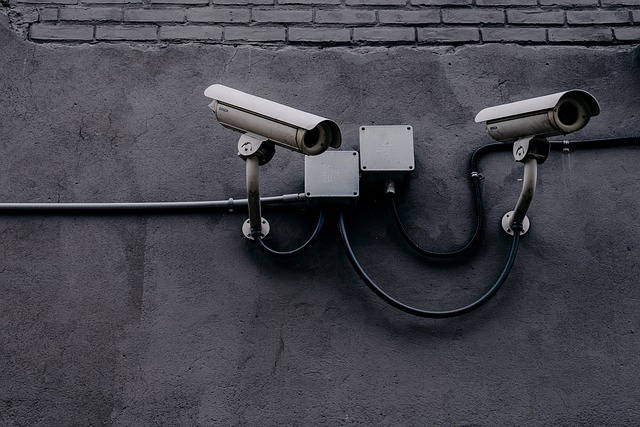Evaluating the Security of Cryptocurrency Platforms
The world of cryptocurrency has experienced rapid growth and adoption over the past decade. With more people investing their money into cryptocurrencies every day, the need for secure platforms to store, trade, and manage these digital assets has become increasingly important.
However, the reality is that cryptocurrency exchanges and wallets are not immune to cyber threats. Hackers and scammers are constantly looking for vulnerabilities in these platforms to exploit, resulting in significant losses for users.
In this article, we will discuss the key factors to consider when evaluating the security of a cryptocurrency platform. We will also provide guidance on how to identify potential risks and take steps to protect yourself from cyber threats.
Here are some key factors to consider when evaluating the security of a cryptocurrency platform:
1. Multi-Signature Wallets
Multi-signature wallets require multiple signatures from authorized users to authorize transactions, making them much more secure than single-signature wallets.
When choosing a multi-signature wallet, consider the following factors:
- Number of signatures required for authorization
- Maximum number of users allowed in the wallet
- Level of encryption used to protect user funds
- User reviews and ratings
Selecting a reputable cryptocurrency exchange is equally important as choosing a secure wallet.
2. Encryption and Data Protection
A platform’s encryption methods can make or break its security.
When evaluating the encryption methods used by a platform, consider the following:
- Level of encryption used to protect user funds
- Use of secure communication protocols (e.g. HTTPS)
- Availability of two-factor authentication
- User reviews and ratings regarding data protection
3. Regulatory Compliance
A platform’s regulatory compliance can affect its security.
When evaluating a platform’s regulatory compliance, consider the following:
- Compliance with local and international laws (e.g. KYC/AML)
- Regulatory reporting requirements
- User reviews and ratings regarding regulatory compliance
4. User Reviews and Ratings
User reviews and ratings can provide valuable insights into a platform’s security.
When evaluating user reviews and ratings, consider the following:
- Overall rating of the platform
- Number of reviews and ratings
- Common complaints or issues raised by users
- User feedback on security features (e.g. two-factor authentication)
5. Audits and Security Testing
A platform’s regular audits and security testing can help identify vulnerabilities.
When evaluating a platform’s auditing and security testing, consider the following:
- Frequency of security audits and penetration testing
- Availability of security vulnerability reports
- User reviews and ratings regarding auditing and testing
6. Insurance Coverage
A platform’s insurance coverage can provide peace of mind for users.
When evaluating a platform’s insurance coverage, consider the following:
- Level of insurance coverage offered
- Types of assets covered (e.g. user funds, private keys)
- User reviews and ratings regarding insurance coverage
7. Transparency and Communication
A platform’s transparency and communication can affect its security.
When evaluating a platform’s transparency and communication, consider the following:
- Availability of clear instructions on how to use the platform
- Level of customer support
- User reviews and ratings regarding transparency and communication
8. Regulatory Frameworks
A platform’s regulatory frameworks can affect its security.
When evaluating a platform’s regulatory frameworks, consider the following:
- Compliance with local and international laws (e.g. KYC/AML)
- Regulatory reporting requirements
- User reviews and ratings regarding regulatory frameworks
9. Security Tools and Features
A platform’s security tools and features can affect its overall security.
When evaluating a platform’s security tools and features, consider the following:
- Availability of advanced security features (e.g. multi-factor authentication)
- Level of encryption used to protect user funds
- User reviews and ratings regarding security tools and features
10. Industry Recognition and Accreditation
A platform’s industry recognition and accreditation can affect its security.
When evaluating a platform’s industry recognition and accreditation, consider the following:
- Reputation in the cryptocurrency community
- Certifications or accreditations from reputable organizations (e.g. ISO 27001)
- User reviews and ratings regarding industry recognition and accreditation
When evaluating a platform’s security, consider the following:
- Difference between a security token and a cryptocurrency
- Regulatory classification of the asset (e.g. securities law)
- User reviews and ratings regarding regulatory classification
Conclusion:
Evaluating the security of a cryptocurrency platform is crucial for protecting your assets and ensuring long-term success.
By considering the key factors outlined in this article, you can make an informed decision about which platforms to use and how to protect yourself from cyber threats.
Remember to always do your own research and due diligence before investing in any cryptocurrency platform.
